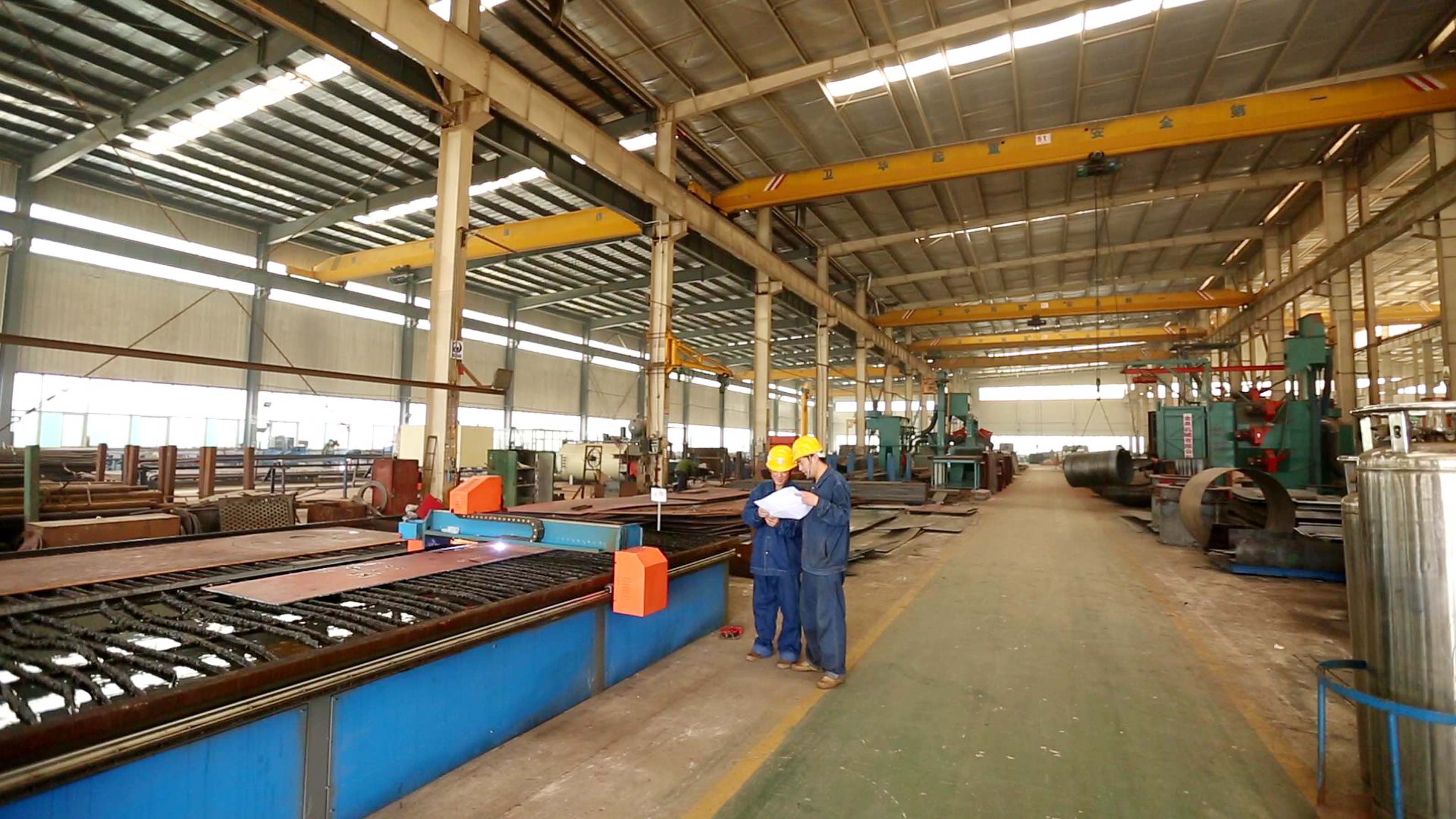thermal oil system pricelist
Understanding Thermal Oil System Pricing A Comprehensive Guide
A thermal oil system is an essential component in many industrial processes, particularly in the fields of chemical production, food processing, and energy generation. These systems utilize thermal oils as heat transfer fluids, enabling efficient thermal management at high temperatures. As industries continue to adopt thermal oil systems for their superior thermal management capabilities, understanding the pricing structures becomes crucial for manufacturers and operators. This article delves into the various factors affecting thermal oil system pricing and offers insights to navigate these costs effectively.
Factors Influencing Thermal Oil System Prices
1. Type of Thermal Oil Different thermal oils come with varying thermal properties, operating temperature ranges, and chemical stability. The choice of thermal oil greatly impacts the overall system cost. Synthetic oils, for instance, tend to be more expensive than mineral oils due to their superior performance characteristics, including higher flash points and lower volatility.
2. System Design and Specifications Thermal oil systems can vary vastly in design depending on the application needs. Factors such as the required temperature range, system capacity, and configuration (closed-loop vs. open-loop systems) directly influence pricing. Customized solutions for specific processes or stringent safety requirements will naturally drive costs higher due to the need for bespoke engineering.
3. Installation Costs The costs associated with installing a thermal oil system can vary based on location, the complexity of the system, and the infrastructure of the existing plant. Installation often involves specialized labor and certain adaptations to the facility, contributing to overall expenses. Thus, prospective buyers should consider not just the price of the system itself, but also the total installed cost.
4. Maintenance and Operation Beyond the initial purchase and installation, ongoing maintenance and operational costs must be accounted for. Thermal oil systems require routine checks and maintenance to ensure optimal performance and avoid catastrophic failures. The cost of regular oil replacement, filter changes, and system inspections will impact the total cost of ownership.
5. Market Dynamics The pricing of thermal oil systems is also influenced by broader market trends, including the availability of raw materials, environmental regulations, and technological advancements. For example, fluctuations in oil prices can directly affect the cost of thermal oils and related systems. Keeping abreast of these market dynamics can provide insights into when to invest.
thermal oil system pricelist

Getting the Best Value
When considering the procurement of a thermal oil system, it's essential to seek the best value rather than simply the lowest price
. Here are some tips to ensure a wise investment1. Conduct Thorough Research Understand the specific requirements of your operation and evaluate different thermal oils based on their properties. Compare different suppliers to assess their offerings and pricing.
2. Request Detailed Quotes Obtain quotes from multiple manufacturers that outline all components, including installation, maintenance, and warranties. This practice can allow for better comparisons and negotiations.
3. Consider Long-Term Costs Analyze total cost over the system’s lifespan rather than focusing solely on upfront expenses. A more expensive system may offer longevity and lower maintenance costs that outweigh initial savings on cheaper alternatives.
4. Seek Expert Advice Consulting with experts in thermal systems can be invaluable. They can offer insights into the most suitable technologies and practices for your specific requirements, helping to avoid costly mistakes.
Conclusion
Navigating the complexities of thermal oil system pricing requires a clear understanding of the various factors influencing costs and a strategic approach to procurement. By considering all aspects—from the type of thermal oil to installation and maintenance—you can make informed decisions that ultimately lead to successful outcomes in your operation. As industries increasingly rely on these efficient heating systems, staying informed about market dynamics and technology advancements will also empower your purchasing strategy, ensuring you secure the best deals available.
-
Industrial Steam Boiler Corporation - Reliable Industrial Boiler Manufacturer & SupplierNewsJul.08,2025
-
High-Efficiency Steam Boiler Heat Exchanger Supplier & Factory Durable Products for IndustryNewsJul.08,2025
-
Premium Electric Steam Boiler Manufacturer Reliable Company & Factory SolutionsNewsJul.08,2025
-
Commercial Hot Water Boiler - Reliable Supplier & Factory Direct Price for Efficient Heating SolutionsNewsJul.07,2025
-
Top Hot Oil Boiler Manufacturer - Reliable Thermal Oil & Coal Fired Boiler Manufacturer ManufacturerNewsJul.07,2025
-
High-Efficiency Hotel Hot Water Boiler – Leading Exporters & Quotes for HotelsNewsJul.07,2025

